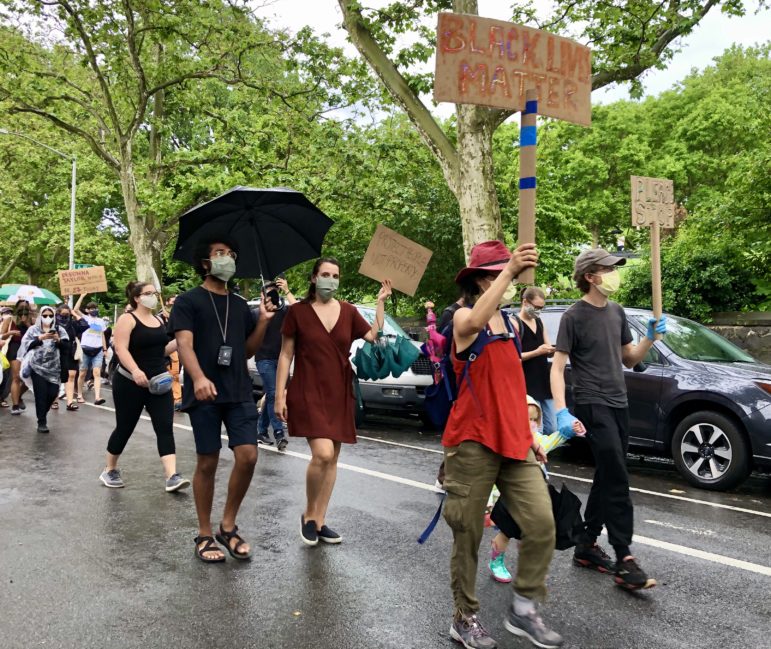
Jeanmarie Evelly
On June 3, the NYPD arrested hundreds of Black Lives Matter protesters, forcing them into crowded holding cells, where they remained for more than 24 hours without any ability to mitigate the spread of COVID-19 through social distancing. In New York City, it is illegal for arrestees to be held for more than 24 hours without seeing a judge. But when the Legal Aid Society petitioned for the immediate release of these protesters, a New York State Supreme Court Judge rejected it, citing logistical issues in interviewing arrestees given social distancing requirements. In this action, Judge Burke used the pandemic as a justification for suspending a law designed to protect citizens from wrongful detention by the police. In doing so, he actually caused increased risk of COVID-19 infection for the protesters.
Judging from Burke’s decision, and similar decisions from courts across the country, those in power are willing to be extremely broad in their use of COVID-19 as a justification for bending certain legal protections. It is clear that although Burke used COVID-19 as a reason for his decision, protecting people from infection was not his goal.
COVID-19 has changed everything about the way that we live, including the role of government. We have seen governments institute lockdowns and force businesses to close for the sake of social distancing. We have seen governments dictate our ability to spend time with our friends and families, to travel. As a master’s degree student in Epidemiology, I am constantly confronted with the overwhelming evidence supporting these measures. In the absence of vaccination or treatment, social distancing rules are the only way to protect communities from COVID-19 infection and death. But when people in power can simply cry COVID-19 and use it as excuse to slash legal protections, without any public health justification, we are in serious trouble.
These actions do not occur in a vacuum. When Kentucky used COVID-19 and social distancing as a justification for closing all but one polling place in Jefferson County, one of the most populous counties in Kentucky that also happens to have a predominantly Black population, their decision was in line with a long history of voter suppression in Black communities. In the same way that the NYPD holding arrested protesters for more than 24 hours should make us question how COVID-19 is used to deny legal protections, the use of COVID-19 to justify voter suppression in Kentucky should make us think critically about how the pandemic can be and is being used to perpetuate known patterns of oppression.
 CityViews are readers’ opinions, not those of City Limits. Add your voice today!
CityViews are readers’ opinions, not those of City Limits. Add your voice today!
While COVID-19 seems to have transformed our lives, it is also important to examine what has remained the same. Uninsured patients still get charged thousands of dollars for COVID-19 testing and treatment, even though making these services free would make everyone safer from potential infection. The federal minimum wage has not increased in over 10 years, even though most of the workers who have risked infection every day because they were deemed ‘essential’ do not make a living wage. And as elected officials continue to argue that there is not enough money in their budgets for social support programs, police departments whose officers appear in video after video brutalizing and killing Black people without cause, receive outsized proportions of local government funding. The systems that perpetuate racial and socioeconomic disparities in health are maintained, even as COVID-19 is used as an excuse to tear down protections for Black and Brown people.
This pandemic has the power to be transformative. It would be surprising our laws did not change as a result of such an enormous shift in how we live. But if COVID-19 is going to change our laws, let it not be an excuse to prop up racist and classist systems. Let it be in service of a healthier, more equitable society.
Rachel Tao is an epidemiology graduate student at Columbia Mailman School of Public Health.


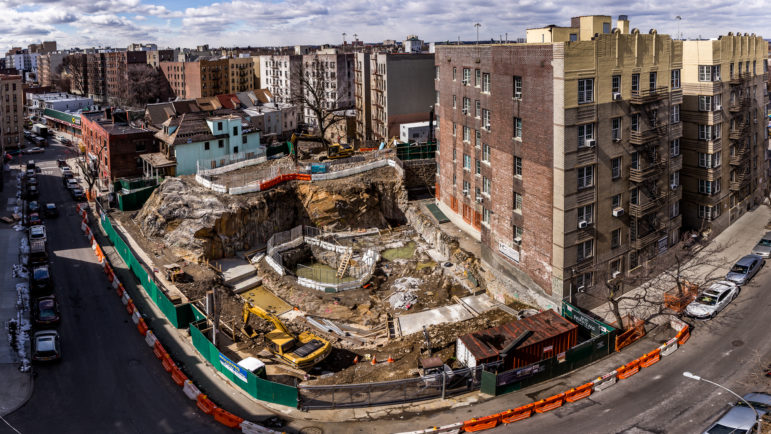

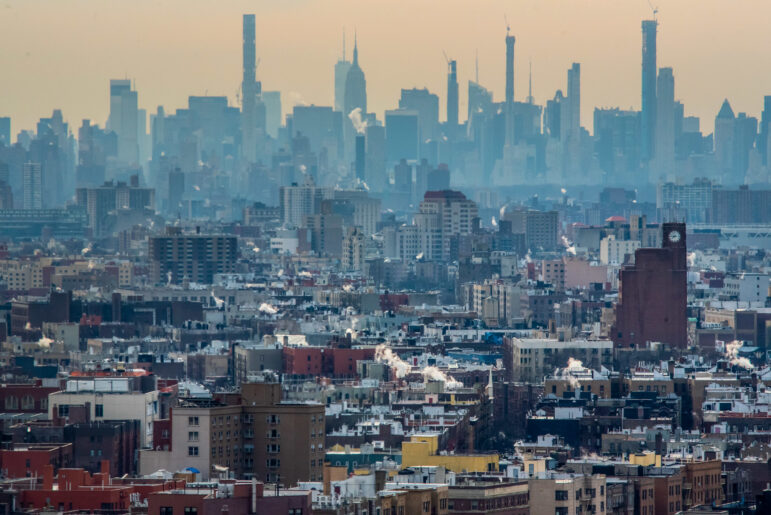
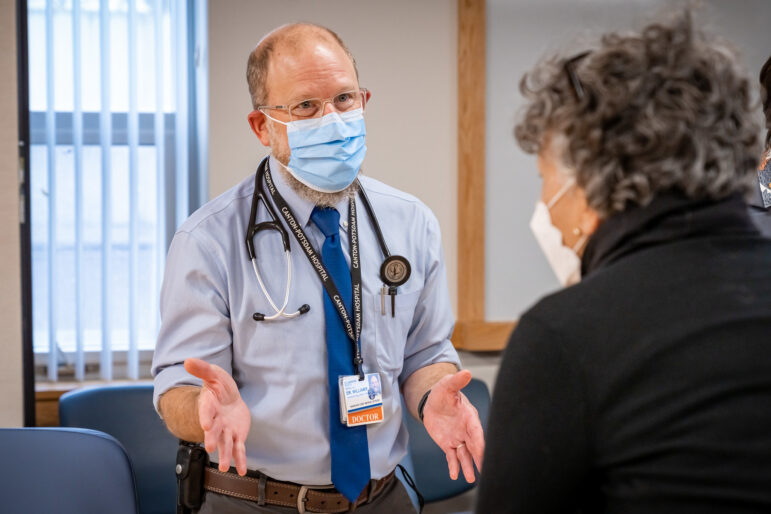
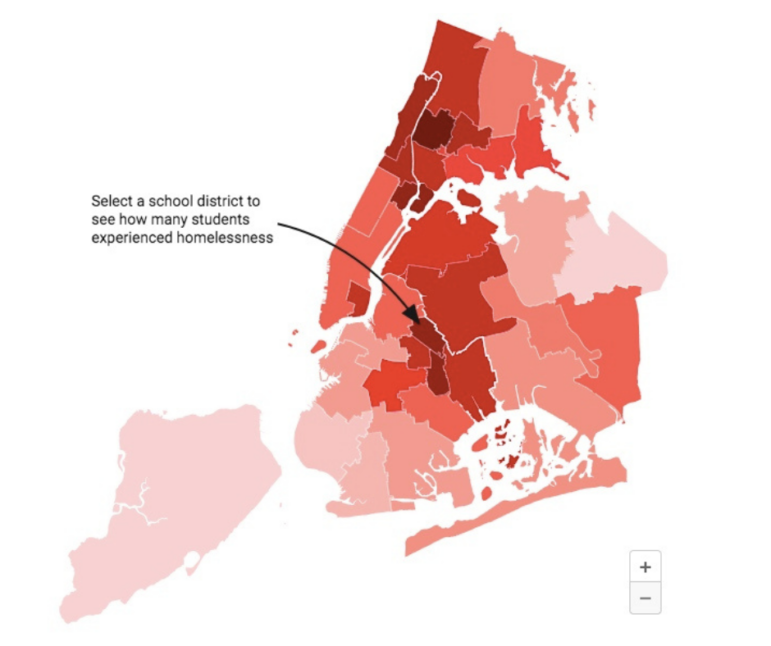


One thought on “Opinion: A Side Effect of COVID-19 Could be Weaker Civil Liberties”
The United Nations’ Siracusa Principles were drafted with this in mind: emergencies all too often lead to permanent roll-backs of human rights. We are certainly seeing this as various Agencies of the state formulate broad restrictive policies with no clear basis and no indication of required reviews. As an example, the NYS Office for People with Developmental Disabilities has placed ALL residents on lockdown, with no consideration of specifics.